Democrats Far More Likely Than Others to See Economic Trouble Ahead
Democrats running for the White House face a big obstacle in President Trump’s booming economy, but most adults in their party are banking on an economic downturn by next year.
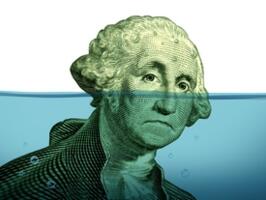
Democrats running for the White House face a big obstacle in President Trump’s booming economy, but most adults in their party are banking on an economic downturn by next year.
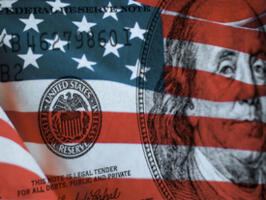
President Trump continues to question the monetary moves of the Federal Reserve Board, but voters give the central bank its highest approval in years. They also suspect that the Fed is less independent of the president than it was during the Obama years.

Online shopping is on the rise this holiday season, meaning more online credit card use than ever. But despite frequently reported hacking efforts, Americans are less concerned that their reliance on the internet puts the overall economy at risk.
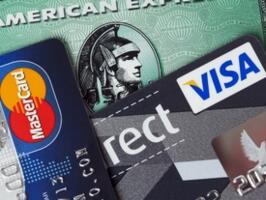
With holiday shopping in full swing once again, Americans continue to worry that people are spending beyond their means.

FICO, the developer of the most widely used credit score, is rolling out a new credit scoring system next year that takes checking and savings accounts into consideration in addition to credit and loan accounts. This could most help those with low or no credit scores who have problems securing credit, though few Americans say they’ve been in that position recently.

Republican and Democratic candidates alike are making their last-minute attempts at earning the middle class vote. But while Americans may not agree what income qualifies as middle class, most are pretty sure they fall into that category. Even among the country’s highest earners, only one-in-five consider themselves wealthy.
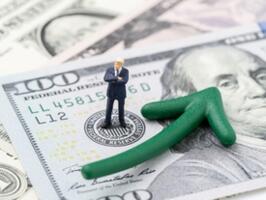
President Trump called the Federal Reserve his “biggest threat” in a recent interview, claiming that the central bank is raising interest rates too fast. But it appears Americans have warmed up to the Fed these days.
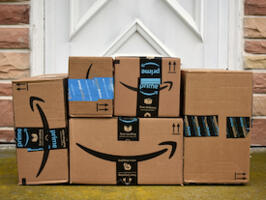
Americans like Amazon but worry that the online mega-market will continue to put more traditional retail outlets like Sears out of business.

California now requires all publicly traded companies in the state to have at least one woman on their board of directors by the end of 2019. While men and women don’t see eye-to-eye on whether they’d want a law like this in their state, they do agree that the decision shouldn’t be up to the government.
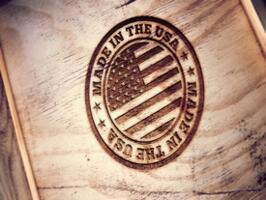
President Trump visited Granite City, Illinois, last week to address the success of a recently reopened steel mill there, saying, "Made in America. It's not just a slogan but a way of life.” Most Americans agree with the president and say buying American-made is important to them.

The United States is setting the stage for a trade war with China over the Trump administration’s increased tariffs on hundreds of billions of dollars’ worth of Chinese imports, something nearly two-thirds of Americans are concerned about.

Following the controversial arrest of two black men at a Philadelphia shop last month, Starbucks has rolled out a new policy that allows anyone to use its facilities and cafes whether or not they make a purchase. But Americans aren't sure what to expect from the new policy.
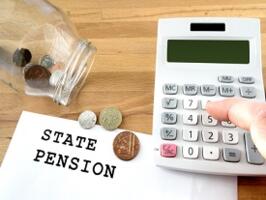
Fewer than half of Americans think the state they live in will be able to pay out promised pension benefits to public workers, but few are willing to pay more in taxes to cover them.

Seattle City Council has drawn national attention with its passage of an annual $275-per-person “head tax” on employees at companies earning $20 million or more a year. The money is intended for the city’s growing homelessness problem, but few Americans see more government spending as the solution.

Most Americans fear that President Trump's new tariffs on steel and aluminum imports will trigger a trade war and think it's better for the federal government to mind its own business.
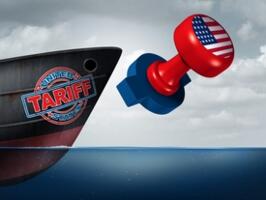
President Trump signed an order last week imposing a tariff on steel and aluminum imports. Most Republicans support the new order, but Democrats give it a thumbs down.
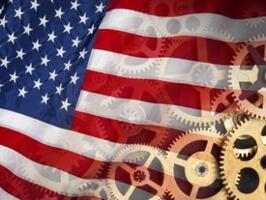
Many in the manufacturing business worry the newly imposed tariffs on steel and aluminum imports can hurt the United States’ manufacturing base by driving up costs for both businesses and consumers.

Twenty-five years after the Family and Medical Leave Act (FMLA) was enacted, most Americans support expanding the Act to include government-mandated paid family or medical leave for full-time workers, though less than half say they’ve had to take unpaid leave.
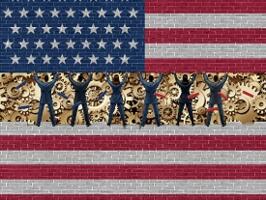
President Trump this week imposed heavy tariffs on foreign manufacturers of washing machines and solar panels to protect U.S. businesses. Americans by a two-to-one margin think tariffs are a good way to go.
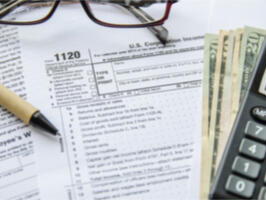
Democratic legislators in California want large companies to give over at least half the savings they get from the new national tax reform bill to the state government. But most voters aren't ready to go that way in their state.